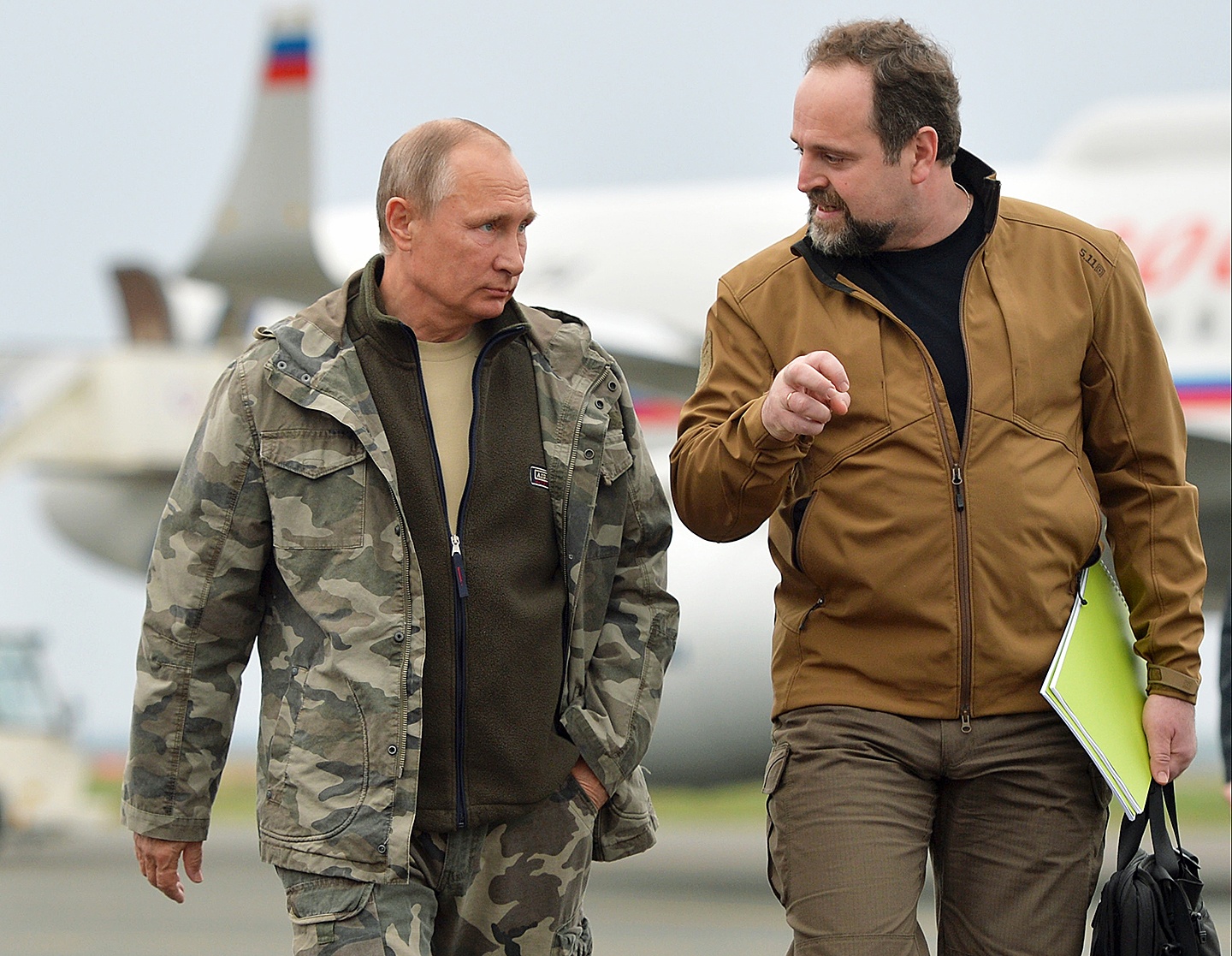By VLADIMIR ISACHENKOV
Associated Press
Eds: Updates with quotes, details. With AP Photos.
MOSCOW — President Vladimir Putin on Monday suspended a Russia-U.S. deal on the disposal of weapons-grade plutonium, a move that comes amid escalating tensions over Syria between Moscow and Washington.
Putin’s decree released by the Kremlin cited Washington’s “unfriendly actions” and the United States’ inability to fulfill its obligations under the 2000 deal as reasons for the move.
However, the decree says that the weapons-grade plutonium that has fallen under the agreement will be kept away from weapons programs.
Under the agreement, which was expanded in 2006 and 2010, Russia and the U.S. each were to dispose of 34 metric tons of weapons-grade plutonium, enough material for about 17,000 nuclear warheads.
When it was signed, the deal was touted as an example of successful U.S.-Russian cooperation on nuclear non-proliferation.
Russia said last year it had started up a plant that produces mixed-oxide commercial nuclear reactor fuel known as MOX from weapons-grade plutonium. Meanwhile, the construction of a similar U.S. plant in South Carolina has been years behind schedule and billions of dollars over budget.
The U.S. administration wants to cancel the Savannah River Site’s MOX project and use an alternative method for disposing of excess plutonium.
Putin pointed to the stalled plant earlier this year to accuse the U.S. of failing to meet its end of the deal. He also argued that the policy change would give the U.S. “return potential,” or a chance to recycle the material back into the weapons-grade plutonium.
Commenting on Putin’s move, the Russian Foreign Ministry said Monday that the U.S. has “done all it could to destroy the atmosphere encouraging cooperation.” It cited U.S. sanctions against Russia over the Ukrainian crisis and the deployment of NATO forces near Russian borders as examples.
“We would like to bring Washington back to understanding that it can’t introduce sanctions against us in areas where it’s quite painless for the Americans, and at the same time continue selective cooperation in areas it sees as advantageous,” it said.
A strain in U.S.-Russian ties escalated in recent weeks followed the collapse of a truce in Syria and the Syrian army’s massive onslaught in Aleppo under the cover of Russian warplanes.
The Russian Foreign Ministry said Moscow would be ready to restore the plutonium agreement if the U.S. takes Russian concerns into account.
Talk to us
> Give us your news tips.
> Send us a letter to the editor.
> More Herald contact information.

























